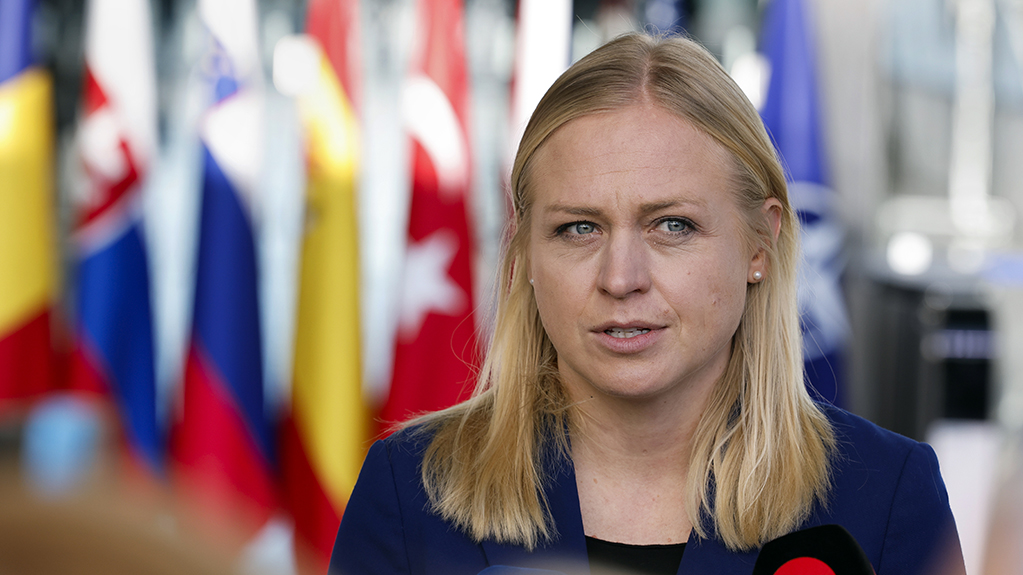Georgian government representatives may face challenges in joining the European Union, as stated by Finland's Minister of Foreign Affairs, Elina Valtonen, ahead of the EU Foreign Affairs Council in Luxembourg.
News
"We will pay special attention to the current situation in Georgia. We regret the government's decision to step back from further EU integration, the rule of law, an open society, and democracy.
Our message is clear and strong - we support the Georgian people in their pursuit of the democracy, independence, rule of law, and human rights they deserve, and we urge their government to heed their aspirations.
Now, in the face of government actions contrary to the people's true desires, we must consider measures against the government while maintaining hope for the people. Such measures are available. For instance, we can make it challenging for Georgian officials to travel to Europe. This could entail sanctions or other appropriate actions. We [Finland] are prepared to implement measures targeted specifically at the government of Georgia, not its people," Elina Valtonen told reporters.
The Foreign Affairs Council is convening in Luxembourg, chaired by the High Representative of the European Union for Foreign Affairs and Security Policy, Josep Borrell.
Among the issues on the agenda is the situation in Georgia following the reintroduction and enactment of Russian Law on so-called Foreign Agents. As Josep Borrell says, the foreign ministers of the 27 member states are exploring options for what the EU can do in the "short and medium term".
Borrell pointed out that in the short term, potential measures include discontinuing support for the European peace mechanism for Georgia, halting high-level political contacts, and suspending a portion of direct financial assistance to the government.















